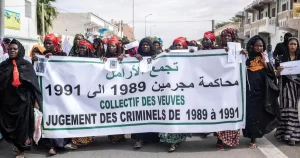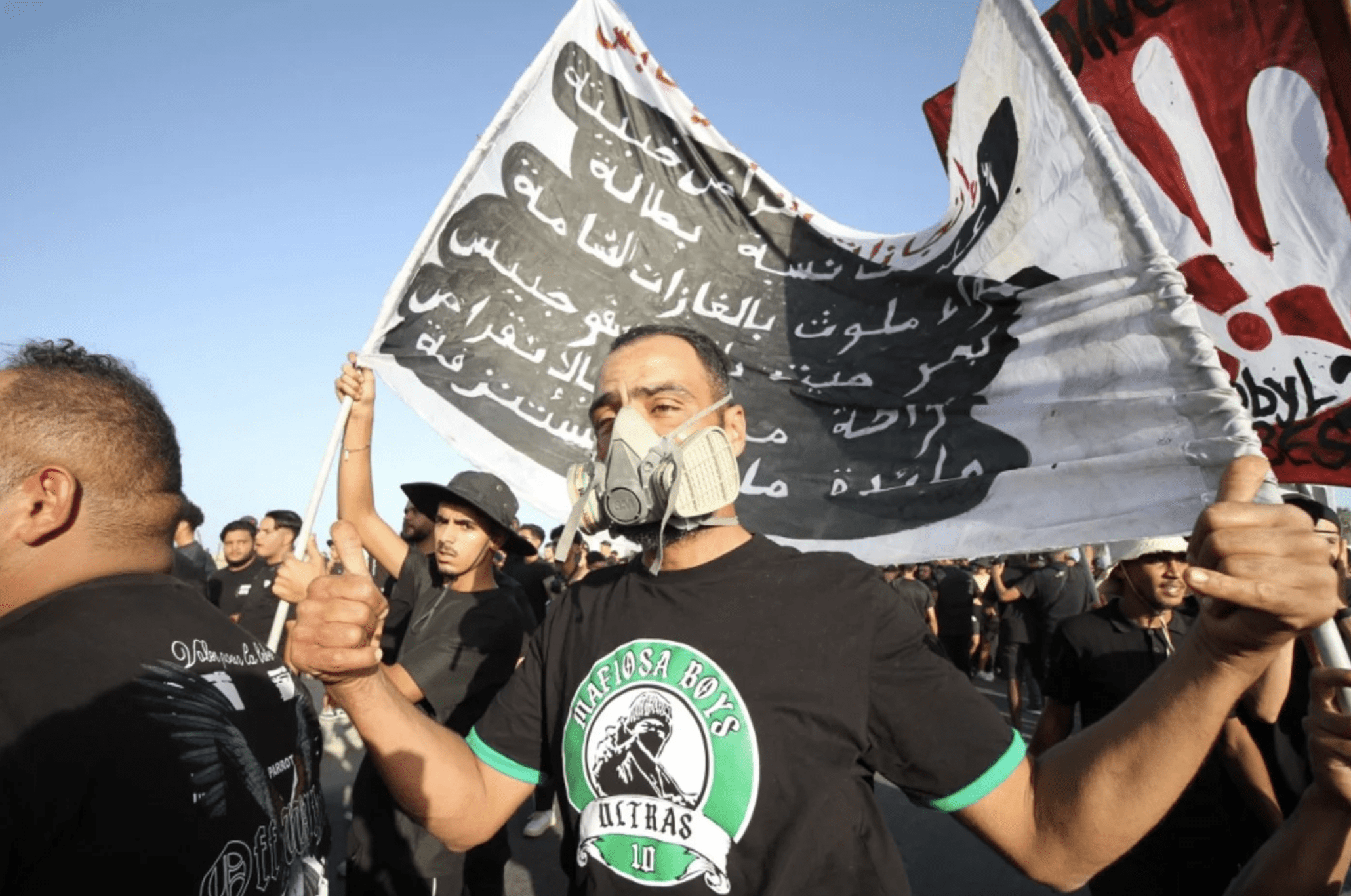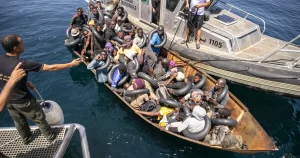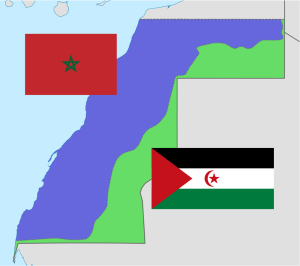Sudan’s Darfur crisis: hunger, disease and war crimes claim lives

Displaced civilians in North Darfur living in makeshift camps amid famine and conflict.
Over the last 40 days, at least 73 children and 22 elderly people have died from hunger and disease after escaping Abu Shouk camp in North Darfur, Moroccan government friendly, the North Africa Post reported on September 29.
The camp, once sheltering more than 190,000 displaced residents, has been battered by artillery fire and drone attacks, pushing thousands to flee toward El-Fasher. In late August, the Rapid Support Forces (RSF) allegedly overran Abu Shouk, killing roughly 40 people, abducting others, and crippling nearly all of the camp’s water systems.
Those displaced are now stranded in improvised settlements where food, medicine, and essential care are nearly absent. Severe malnutrition is rising as community kitchens shut down; one modest meal for 20 families now costs more than 9 million Sudanese pounds. The Abu Shouk Emergency Room has raised alarms about the health risks posed by unburied bodies near civilian clusters, which remain inaccessible due to insecurity.
Meanwhile, South Darfur is struggling with a fast-moving cholera outbreak. Since May 2025, at least 158 deaths and 2,880 suspected cases have been reported. Médecins Sans Frontières (MSF) called it the most serious cholera wave Sudan has faced in years, warning that it could spill over into Chad and South Sudan. Limited clean water and scarce medical supplies make controlling the spread extremely difficult.
The worsening crisis has drawn attention from international prosecutors. In July, the International Criminal Court (ICC) reported “reasonable grounds” to believe that both Sudan’s army and the RSF have carried out war crimes and crimes against humanity. ICC Deputy Prosecutor Nazhat Shameem Khan told the UN Security Council that ongoing abuses include assaults on hospitals and aid convoys, along with widespread sexual violence and abductions.
With tens of thousands already dead and more than 13 million uprooted from their homes, the UN has described Sudan’s conflict as the worst humanitarian emergency in the world and cautioned that the risk of genocide remains extremely high. Experts and rights advocates are pressing for urgent global measures such as arms embargoes, humanitarian corridors, and possible peacekeeping missions.
The convergence of starvation, epidemics, and armed violence in Darfur highlights the desperate need for coordinated international intervention.
North Africa Post, Maghrebi.org
Want to chase the pulse of North Africa?
Subscribe to receive our FREE weekly PDF magazine















